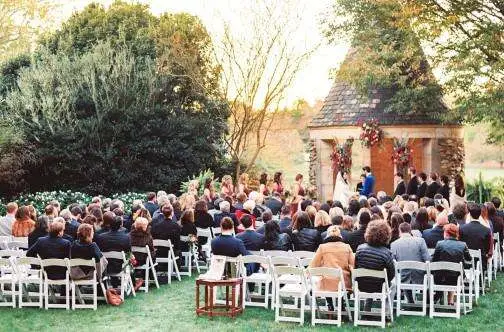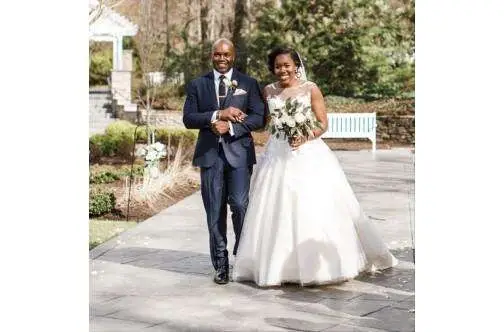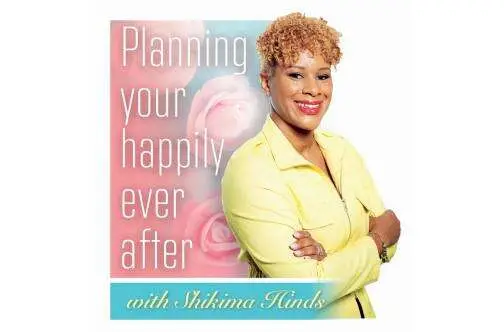
Family Dynamics at The Wedding
You’ve asked and we’ve answered! Welcome to your weekly column ‘Planning Your Happily Ever After’ with wedding consultant Shikima Hinds. Her focus this week: Family wedding guests
Every family is unique and has its own set of struggles, but as much as we would all like for everything to go smoothly, there is no denying that many families experience tension and some uncomfortable situations, and couples have to deal with these dynamics at some point during the planning of their wedding, no matter how close you are to your family members.
If you have divorced parents, one who’s remarried, or a parent who is in a serious relationship with another person, these dynamics and problems are sometimes magnified. When that threatens to spill over into your wedding day, it can bring discomfiture to many involved.
Remember, too, some family dynamics involve not just the parents but other family members, as well. Consider something as simple as the fact that your brother is always late, or an annoying cousin tends to say inappropriate things. Assign someone to be the buffer; maybe a grandparent, aunt or uncle, niece or nephew, or anyone else who could be seen as a neutral party in your immediate family. Just remember, some arguments aren’t worth the drama. Trying to please everyone can be a nightmare, but at the end of the day, everyone should come together in unity to celebrate a special day. Here are some tips to do so:
Be strategic with seating
Formal seating at a wedding ceremony generally has a traditional format; however, with divorced parents and stepfamilies, it can become tricky. Having assigned or reserved seating at the ceremony and reception will ensure family members who may be uncomfortable in the presence of others are seated far away from each other.
Except in unusual cases, the bride’s mother is always the last person to be seated before the ceremony begins and the first to be ushered out.
If parents are on good terms, ushered seating may follow the traditional order: Groom’s grandparents, bride’s grandparents, groom’s mother and father, bride’s mother. The bride’s stepfather would accompany the bride’s mother unless he will be the one escorting the bride down the aisle.
In an uncomfortable situation, a suggested seating for parents who are no longer together is to take advantage of the fact that a typical church has two sides — put mom on one side and dad on the other; this allows them both to have the best front-row seats while being separated.
Both of your parents will want to sit in places of honour at your wedding reception. Allow each divorced parent to host his or her own table.
Giving the bride away
This is often the greatest dilemma with divorced parents. If you are close to your father, this may not be an issue, but if you were raised by your stepfather, it would be perfectly appropriate to bestow this honour on him.
There are also other alternatives: if you are close to both your mom and dad, you can ask them both to escort you up the aisle; or if you feel that both your father and stepfather should have this shared opportunity, then allow both to escort you. Some brides choose to play it safe and simply ask a grandfather or brother to do the honours.
The must-know professionals
Though it’s very personal information, it’s important that you inform your wedding planner or coordinator, so that they understand the dynamics of your family.
You should also include your photographer in the situation, as he or she will need to know for photography purposes.
Be mindful of their feelings; don’t get too caught up in your own wedding planning to-dos and overlook their emotions.
There will be many moments during the wedding planning process when you have to face some uncomfortable family issues, do not therefore, major in the minors.


























